Ghana year 1973 Space Meteorology MNH stamps set
The Ghana 1973 Space Meteorology issue commemorates the Centenary of the International Meteorological Cooperation (100th Anniversary of the World Meteorological Organization – WMO).
🛰️ Stamp Details
- Year of Issue: 1973
- Theme: Centenary of the International Meteorological Cooperation, featuring space and weather-related images.
- Composition: The issue typically consists of:
- A set of 4 Commemorative Postage Stamps.
- A matching Souvenir Sheet (or Miniature Sheet).
- Key Subjects on Stamps (Examples):
- Tiros Weather Satellite
- Weather Maps
- Various meteorological instruments and space imagery
- Catalogue References:
- The set of 4 stamps is generally cataloged as Scott #503-506.
- The matching Souvenir Sheet is cataloged as Scott #507 (sometimes referenced as Mi:YU 51A).

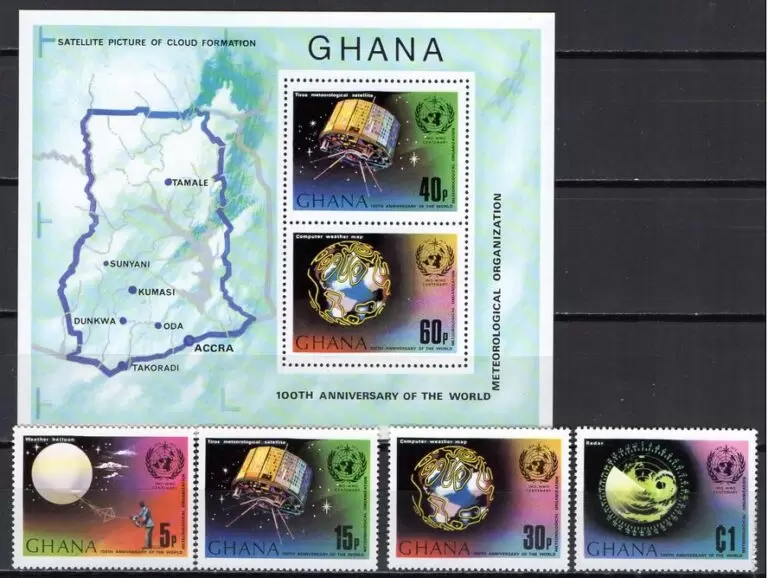
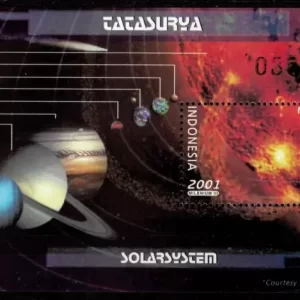
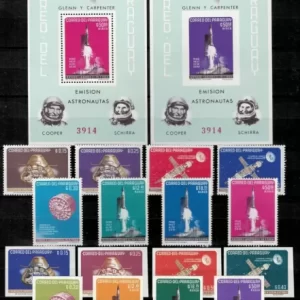
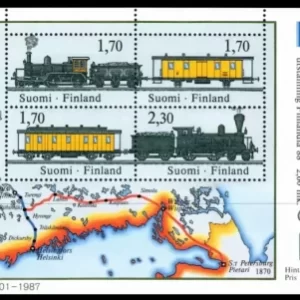
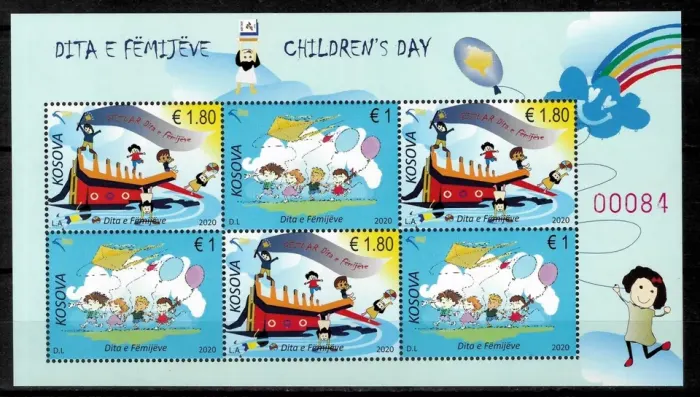
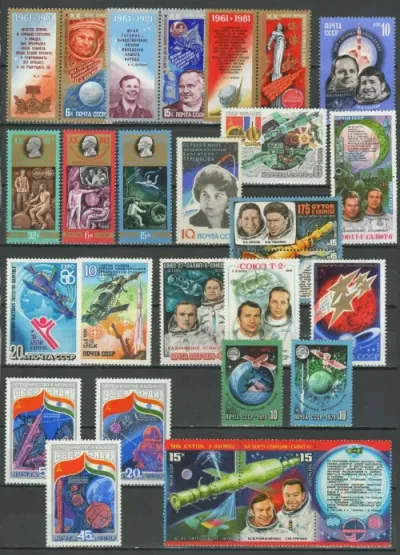
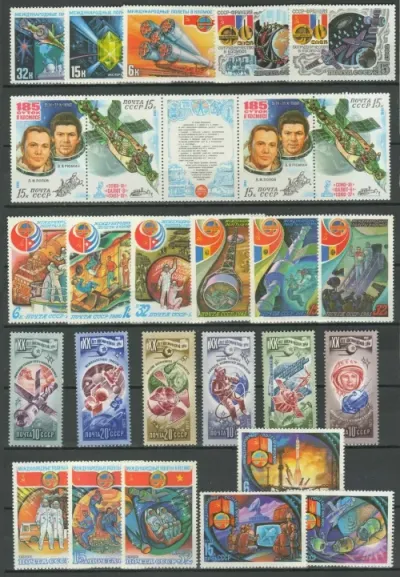
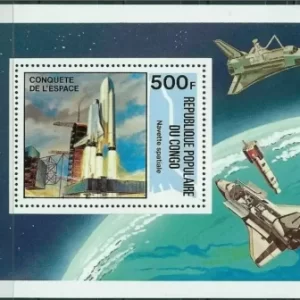
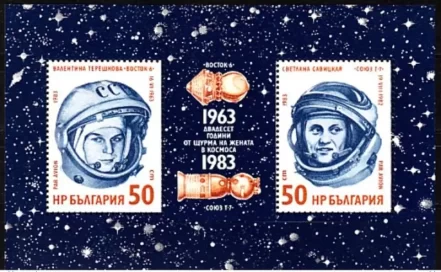
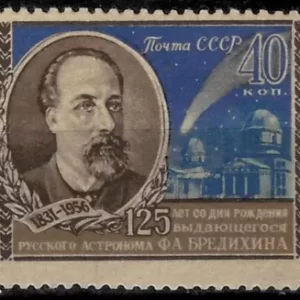
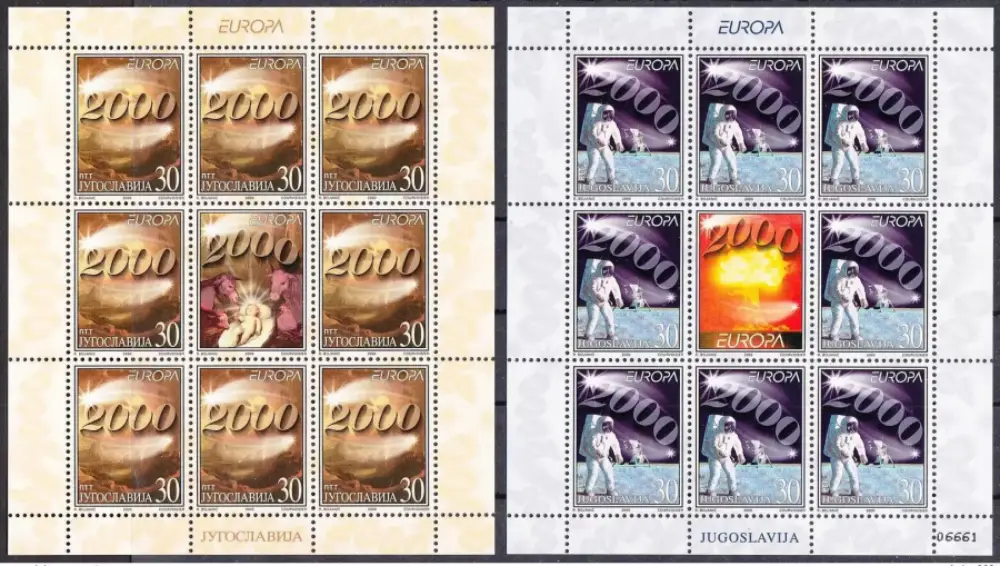
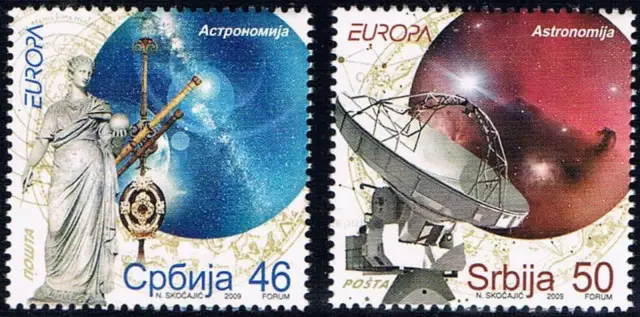
Reviews
There are no reviews yet.